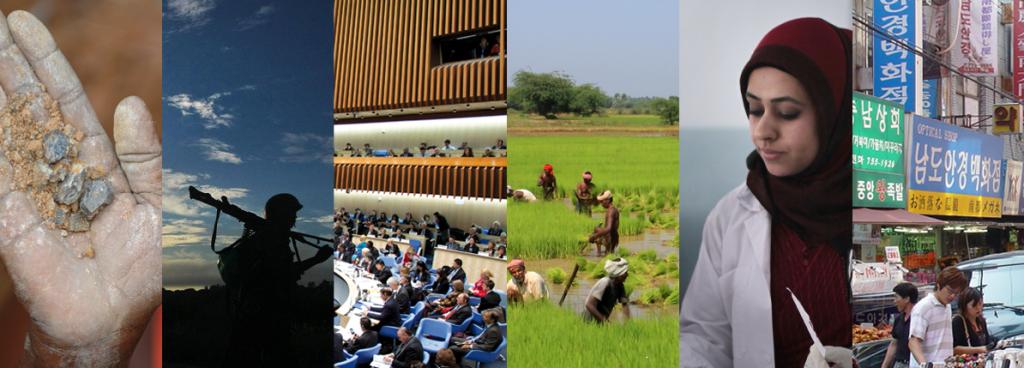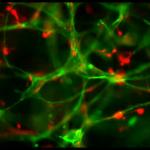This presentation will focus on how stem cell therapies in India are made to work, how they are made viable and valuable for providers and patients within a fledgling regulatory context despite scientific uncertainty. Stem cell therapies in India are criticised within and outside of the country. The varying perspectives can be whittled down to a few key recurring themes: (a) safety, efficacy and effectiveness of stem cell therapies have not been established according to scientific standards; (b) providers offering cellular therapies in India are merely profiting from marketing experimental, dangerous and potentially inefficacious therapies; and (c) the Indian government ought to regulate and restrict current practices.
Gabriela Hertig’s research focuses on autologous cells (from a person’s own body) rather than embryonic or allogenic cells (from another person’s body) which she assesses in relation to Indian and international regulatory developments. During the presentation, she will describe the 'holistic approach' as the therapeutic modality within which these autologous cells are 'made to work' despite criticism about their therapeutic value. She will also highlight the tensions and contradictions that emerge as providers seek validation and scientific legitimacy for their approach.
About the Speaker:
Gabriela Hertig is a PhD candidate in the ANSO Department at The Graduate Institute. She studied Social Anthropology and Economics at the University of Zurich and Freie Universität Berlin. She completed her Master in Anthropology and Sociology at The Graduate Institute, which included an exchange semester at the Jawaharlal Nehru University in New Delhi, India.
In her PhD project, Hertig examines stem cell biotechnologies in India at the intersection of economic logics, ethics and governance practices. She has conducted fieldwork in Delhi and Mumbai for 12 months and her dissertation will detail and analyse the localised and contingent epistemic and ethical choreography of doing stem cell therapies.




